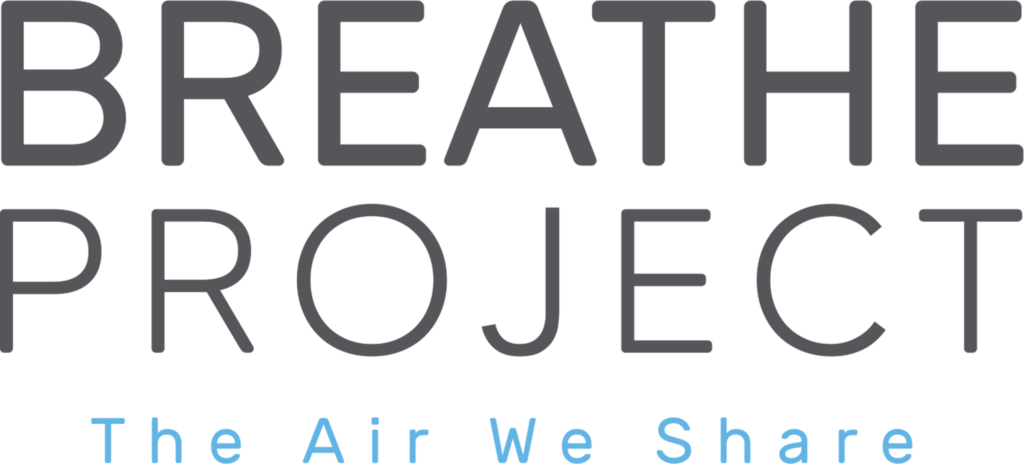By Matt Mehalik, Executive Director of the Breathe Project
The Breathe Project stands for the right for all of us in Allegheny County to breathe healthy and clean air and not die from dirty air.
Pittsburgh has made improvements since the industrial days of the past, but there is still a long way to go before the air is truly clean and safe for everyone. Our county is in the top 2 percent of counties nationwide for risk of cancer from air toxics. The Allegheny County Health Department should take action to rapidly and significantly reduce air pollution in the County so that our risk is below what it is in other urban counties.
Allegheny County Health Department is beginning get this message. At the end June, ACHD announced that it was issuing U.S. Steel a fine of $1 million for ongoing air quality violations at the U.S. Steel Clairton Coke Works, with the possibility of shutting down two of the worst-performing coke batteries at the plant if compliance is not swiftly achieved. And following the inaugural #FridaysWithFitz rally last Friday, County Executive Rich Fitzgerald issued a statement on Twitter that he is open to further discussions on the issue of air quality. As a result, Breathe Collaborative are calling for a county-wide town hall to discuss our region’s poor air quality.
These actions hopefully signals a beginning in our community so that the public health of residents gets clear priority in our region’s governance and decision making. We are hopefully witnessing the raising of the bar in commitments to a healthier Allegheny County in terms of air quality. We hope this gets the ball rolling on holding polluters accountable to who lives in our community.
There are significant hurdles to overcome, however.
Collaborative groups have documented over the past few years the ACHD’s poor performance for completing major polluters’ Title V permits in a timely fashion. The problem was so bad that the US EPA had to be called in to review ACHD’s program. Some of the major findings that the EPA review, issued little over 1 month ago, are that:
-
- “ACHD continues to have a significant backlog of Title V permits. At the time of the evaluation, 10 permits were expired outside of 18 months since receiving Title V applications. 3 Title V sources await initial permits. This results in 13 of 32 sources, or 41 percent, with backlogged permits.”
- The EPA commanded ACHD to eliminate the backlog of these permits and that ACHD needs to implement a corrective action plan to EPA. (We have not seen any drafts of this document).
- The EPA commanded ACHD to increase its staffing of permit engineers in order to meet the workload requirements (We have not heard anything about this response from ACHD to date).
- The EPA commanded ACHD to improve its data management and data entry processes.
- The EPA commanded ACHD to ensure that it was collecting Title V fees sufficient to fund the Title V program.
So it is clear that the County Executive, The Board of Health and ACHD Director Karen Hacker and the ACHD air program staff have lots to do to get themselves, and as a result, our region’s air, in front of this issue, prioritize public health and follow through on what the EPA has required them to do.
Unfortunately, ACHD and the Board of Health are proposing using money collected from fines to renovate ACHD buildings instead of using the money to clean up our air. ACHD Director Karen Hacker, the BOH, and the County Executive have taken the first steps to allow for the use of more than $5 million of the $11 – 12 million Clean Air Fund to renovate buildings on the ACHD’s campus. This will be a misuse of the Clean Air Fund. Using CAF for ACHD building renovation and related expenses is inappropriate. As a result, Collaborative organizations GASP and CAC have filed a lawsuit to prevent this from happening.
Building renovations are capital expenses and should more appropriately be paid for out of the County’s Capital Expenditures, not the Clean Air Fund. The plain language of the Clean Air Fund regulation limits the use of money in the Clean Air Fund “to support activities related to the improvement of air quality within Allegheny County and to support activities which will increase or improve knowledge concerning air pollution, its causes, its effects, and the control thereof.” (See Article XXI §2109.09.)
As was published in the County’s Comprehensive Annual Financial Report, published 5/31/2018, the General Fund’s total fund balance increased $5.6 million in 2017 to $83.6 million from $78.0 million in 2016. There is plenty of money to cover the cost of this renovation without misusing the Clean Air Fund.
As the report also stated, “County spending – including from underutilized funds dedicated to reducing air pollution, supporting public transit and funding affordable housing – must be targeted where the biggest impact can be made.”
Renovating buildings with Clean Air Funds may constitute illegal self-dealing on the part of the county, the lawsuit contends, as well as a possible violation of the Environmental Rights Amendment of Pennsylvania’s State Constitution, Article 1, Section 27, which states:
“The people have a right to clean air, pure water, and to the preservation of the natural, scenic, historic and esthetic values of the environment. Pennsylvania’s public natural resources are the common property of all the people, including generations yet to come. As a trustee of these resources, the Commonwealth shall conserve and maintain them for the benefit of all the people.”
Finally, the Clean Air Fund money is really for the people and the communities who have been, and continue to be, harmed by pollution by serial polluters. That money needs to go to programs that improve the air in our region—such as protecting students in schools located near polluting facilities.
Recent research has documented that children exposed to the highest levels of air pollution had nearly double the risk of asthma diagnosis as well as poorly controlled asthma. Higher exposures to PM2.5 and black carbon were associated with increased rates of asthma diagnosis and increased rates of poorly controlled asthma. Underprivileged children living near smokestack pollution sources in communities like Clairton, Woodland Hills and Allegheny Valley have as high as a 1 in 4 rate of having asthma. An additional 10 percent of children are at risk of developing asthma.
Protecting children in polluted communities is what the money should be used for. Not for renovating buildings. It is the job of our local elected officials to act as the ultimate protector of the health of the people of Allegheny County. The protection of our health should be the highest priority for our public servants. It is not acceptable for elected officials to allow industries to create higher cancer risks and deny local citizens’ our right to clean air or by spending money allocated for cleaning up the air to be used for building renovations.
Life and health are precious, so we want to protect ourselves and those we love. Yet, we encounter harmful, dangerous chemicals in the air we breathe every day. We need to take action now to reduce the air pollution that is contributing to cancer in Southwest Pennsylvania. Our future economic well-being depends on attracting new businesses and we can’t do that without clean air. Through innovation, we can clean our air without people losing jobs and without bad economic impacts.
We encourage all of you to join us in standing up for the clean air we deserve. Become familiar with the citizen science tools on our website. Document evidence and send it to our leaders and agencies responsible for protecting us. Get involved in regional campaigns to hold polluters and our regulatory agencies responsible. Speak out in your community. We need you to become a part of this movement to clean up our region’s air.

